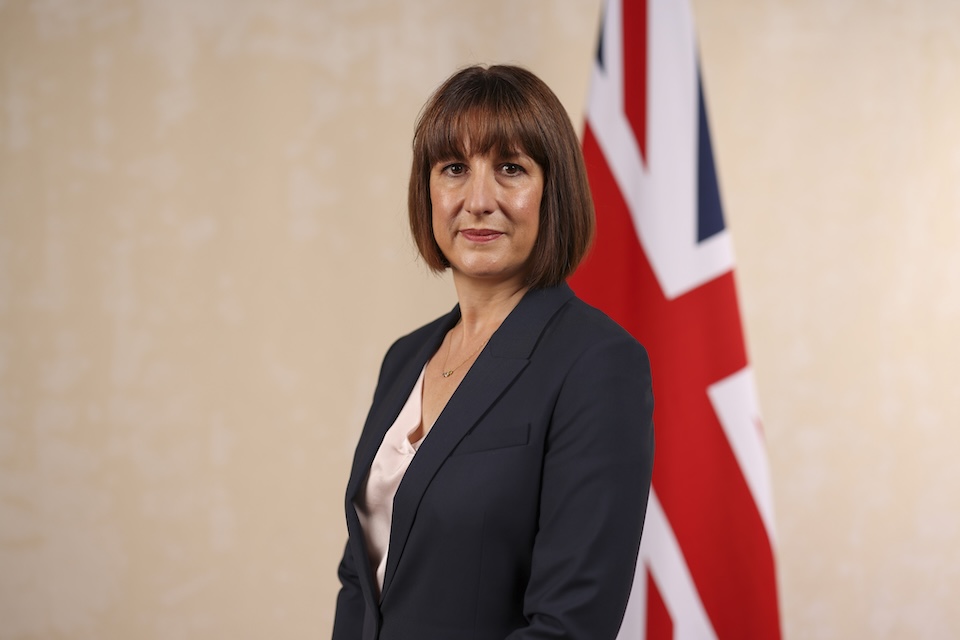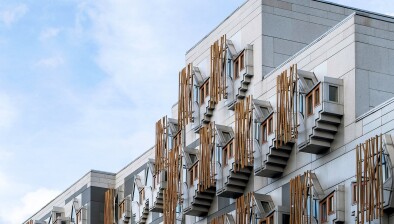Budget: OBR calls UK finances ‘vulnerable’ despite £26bn tax hike

Chancellor Rachel Reeves
Chancellor Rachel Reeves delivered her second Budget today under chaotic circumstances, as the Office for Budget Responsibility (OBR) accidentally released its economic forecasts before she had even taken to the despatch box.
Reeves branded the breach “deeply disappointing” and a “serious error”, compounding a frantic buildup that had already seen the House of Commons Speaker admonish the UK government for its disorderly briefings.
The leaked report confirmed a grim fiscal outlook with taxes as a share of GDP are projected to surge to an all-time high of over 38% by 2030, up from the current 35%. This follows a £26 billion tax rise in this Budget, compounding last year’s £40bn increase. Despite these measures, the OBR warned that the UK’s public finances remain “relatively vulnerable to future shocks”.
The Budget introduced a raft of changes affecting savers, homeowners, and motorists:
- Income tax: Thresholds remain frozen until 2030.
- Savings: The annual cash ISA allowance for under-65s is slashed from £20,000 to £12,000.
- Pensions: A new £2,000 annual cap on salary sacrifice contributions (though employer contributions remain exempt) and National Insurance applied to salary-sacrificing pensions.
- Property & motoring: A ‘mansion tax’ on properties over £2m, a new mileage-based tax for EV/hybrid cars, and a hike in gambling duties. Fuel duty remains frozen.
- Welfare: The two-child benefit limit has been scrapped.
The reaction from the financial sector has been mixed. Stephen McGee, CEO of Scottish Friendly, welcomed the reduction in the cash ISA allowance as a necessary step to shift the UK toward a “US-style investing culture”, though he argued the cap should have been lowered even further to £8,000 to discourage cash hoarding.
Conversely, Mike Ambery, retirement savings director at Standard Life, part of Phoenix Group, warned that the £2,000 cap on salary sacrifice would disproportionately hit private sector workers and add administrative complexity.
“Limiting salary sacrifice could undermine efforts to improve savings adequacy at a time when millions are already undersaving,” Mr Ambery noted.
James Kipping, head of private client tax at MHA, criticised the measures as a “hotchpotch of tax rises” that target pensioners and lack long-term vision, while Hugo Davies, chief capital officer and managing director for mortgages at LendInvest, predicted the property tax changes would squeeze small landlords, accelerating the market shift toward large, professional portfolio operators.
On a positive note, Mary Glasgow, chief executive of Children First, Scotland’s national children’s charity, hailed the scrapping of the two-child limit as “long overdue”, stating it would free up crucial funds to tackle child poverty in Scotland.







